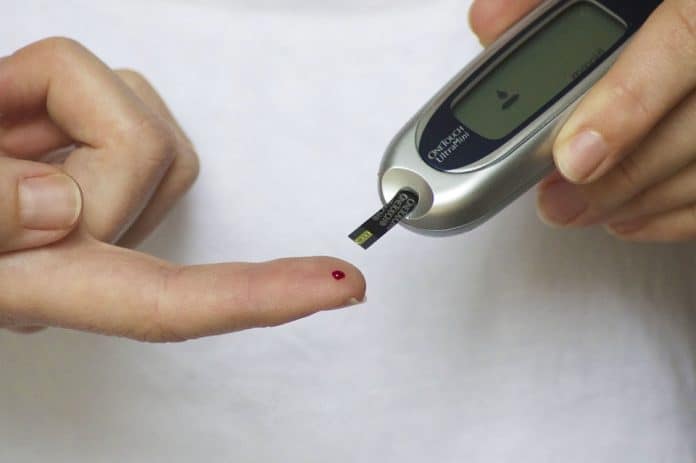
OCEAN COUNTY – Ocean County officials are recognizing the month of November as National Diabetes Awareness Month in order to raise awareness on the disease that affects thousands of Ocean County residents.
“Although diabetes is not a curable disease, detection and treatment often result in those affected being able to live long and healthy lives,” said Daniel E. Regenye, Ocean County Health Department Public Health Coordinator.
This year’s National Diabetes Awareness Month will be focusing on promoting health after gestational diabetes, which is a type of diabetes which develops during pregnancy. According to Regenye, mothers who’ve had gestational diabetes need to be aware that they and their children have an increased lifelong risk for developing type 2 diabetes, although most of the time gestational diabetes goes away after the baby is born.
“Even if the diabetes goes away, there is a greater chance of getting diabetes as children from that pregnancy are at future risk for obesity and type 2 diabetes and half of all women who had gestational diabetes go on to develop type 2 diabetes,” he said.
Officials advise that women with gestational diabetes get tested within four months of the birth and every three years after that.
Gestational diabetes is more common than you might think. One in four Americans with diabetes are not aware of it, which means that approximately 7 million Americans are living with a disease for which treatment is available.
“Type 2 diabetes, more common among adults, is also known as insulin resistance, and age, weight and family history all may have a role in the development of this disease. Prediabetes, also known as impaired glucose tolerance, can be detected with a simple blood test prior to developing into full type 2 diabetes,” stated Regenye.
Freeholder Director and Board of Health Liaison Gerry P. Little reminds Ocean County residents to take advantage of diabetes awareness month, noting that “healthier living promotes a better quality of life for all to enjoy.”
Any residents who experience symptoms like hunger and fatigue, frequent urination, dry mouth and itchy skin and blurred vision are encouraged to seek medical advice.
For more information, visit ochd.org






